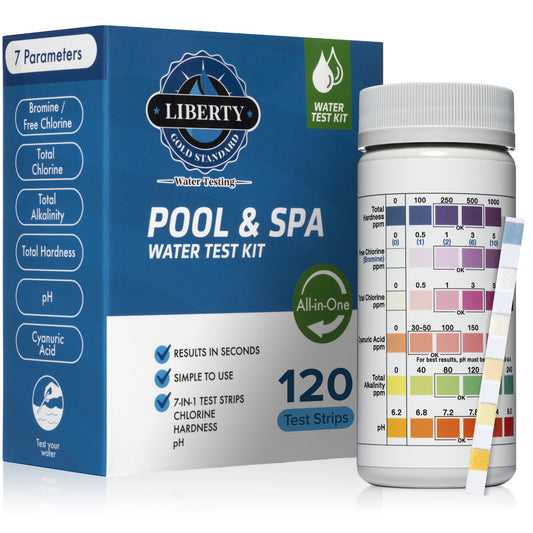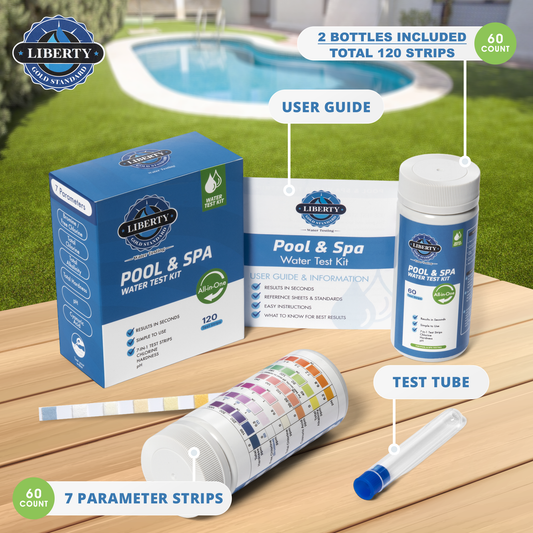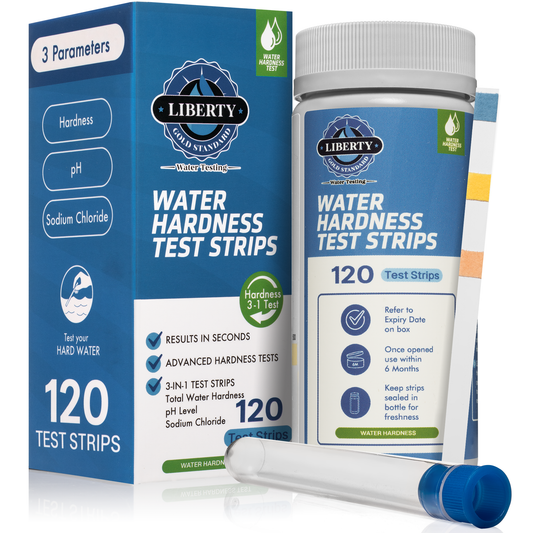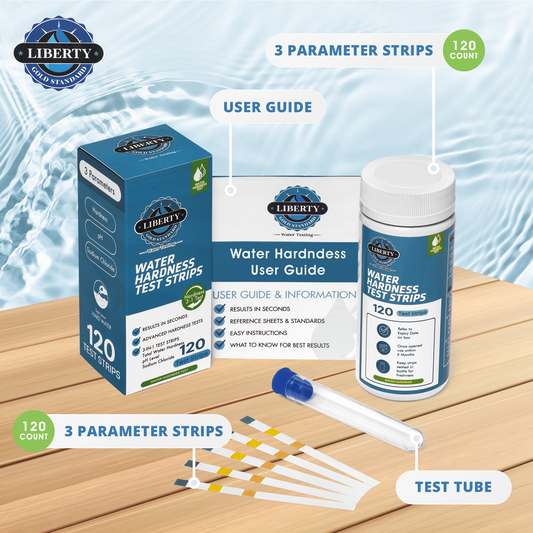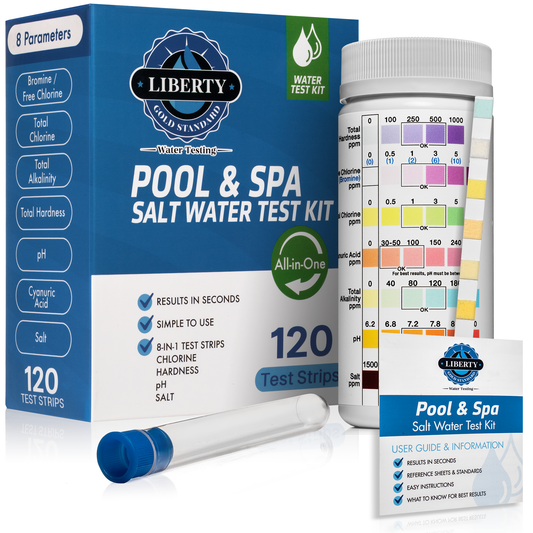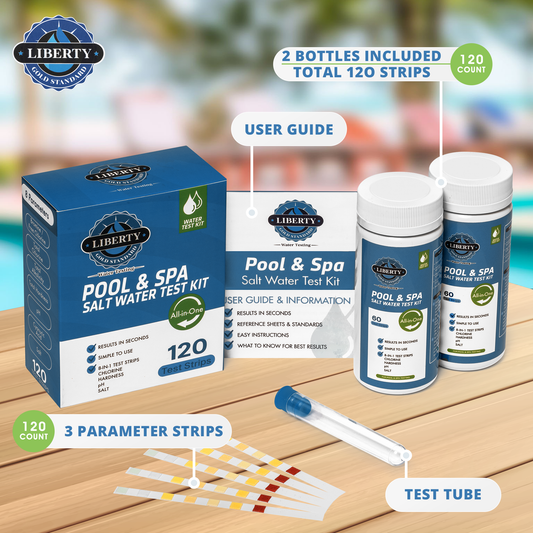Fluoride is a naturally occurring mineral found in water sources around the world. It is commonly added to public water supplies to help prevent tooth decay and promote oral health. But why should you test your water for fluoride, and is it dangerous?
What is Fluoride?
Fluoride is a chemical ion of the element fluorine, which is essential for maintaining healthy teeth and bones. It is commonly found in soil, water, and various foods. In the right amounts, fluoride can help prevent cavities and strengthen tooth enamel.
Why Test Water for Fluoride?
While fluoride is beneficial for dental health, excessive exposure to fluoride can lead to dental fluorosis, a condition that causes discoloration and pitting of the teeth. Testing your water for fluoride levels can help ensure that you are not consuming too much fluoride, especially if you have young children who are more susceptible to fluorosis.
Is Fluoride Dangerous?
When consumed in appropriate amounts, fluoride is not dangerous and can actually improve dental health. However, excessive fluoride intake can lead to health issues such as skeletal fluorosis, a condition that affects the bones and joints. It is important to monitor fluoride levels in your water to prevent potential health risks.
Overall, fluoride is a valuable tool in promoting oral health, but it is essential to monitor and regulate fluoride levels in your water supply to prevent any potential negative effects. Testing your water for fluoride can help you make informed decisions about your dental health and ensure that you are consuming fluoride in safe amounts.
Fluoride Levels: What's Too Much, What's Too Little?
The conundrum of fluoride dosage: how much is optimal? The answer isn't ensconced in mystery. Health organizations provide guidelines, suggesting that up to 0.7 parts per million (ppm) in drinking water is the sweet spot. Beyond this threshold, the risk of dental fluorosis or skeletal fluorosis arises—a condition where excess fluoride causes changes in bone structure. Home testing allows you to navigate these waters with precision, ensuring you have just the right amount to maintain the armory of your teeth without overindulging.
Based on a quick search, here are the key points related to fluoride benefits and recommended dosage:
-
Fluoride helps reduce the incidence and severity of dental caries.
-
Typical amounts of fluoride ingested daily from toothpaste range from 0.1 mg to 0.25 mg for infants and children age 0 to 5 years.
-
Recommended fluoride dosage varies by age group, with children 9-13 years recommended 2 mg, teens 14-18 years 3 mg, and adult men 19+ years 4 mg.
-
In the US, most public water sources contain low amounts of added fluoride to prevent dental cavities.
-
High-concentration fluoride treatments may involve applications of approximately 5 to 11 mg.
-
Excessive fluoride is not beneficial and can be harmful.

FAQs on Fluoride and Home Water Testing:
In the pursuit of knowledge about home water testing for fluoride, several questions frequently bubble up to the surface. Let's delve into some of these pressing queries:
-
How often should I test my water for fluoride?
- It's wise to test your water bi-annually, as changes in municipal water treatment processes can alter fluoride levels
-
Can I remove fluoride from my water if levels are too high?
- Yes, certain filters like reverse osmosis systems or activated alumina can reduce fluoride concentrations.
-
Is a professional water test better than a home kit?
- Professional tests can be more comprehensive, but home kits like Liberty Gold Standard can provide accurate results for home drinking water.
-
Where can I get a water testing kit?
- Water testing kits are available right here, the All-in-One test will test for fluoride 15 other parameters.
-
Do I need special training to use a home water testing kit?
- Not at all; most kits come with easy-to-follow instructions suitable for the layperson.
-
What should I do if my water has high fluoride levels?
- Consult with local health authorities and consider installing a home filtration system.
-
Can low fluoride levels in water affect my dental health?
- While fluoride supports dental health, low levels can be supplemented with dental care products containing fluoride.
-
Is bottled water free from fluoride?
- Not necessarily. Some bottled water contains fluoride, so it's important to read labels if you're monitoring intake.
-
Are there any health risks associated with home water testing?
- As long as you follow the kit instructions, there are no inherent risks to testing your water.






